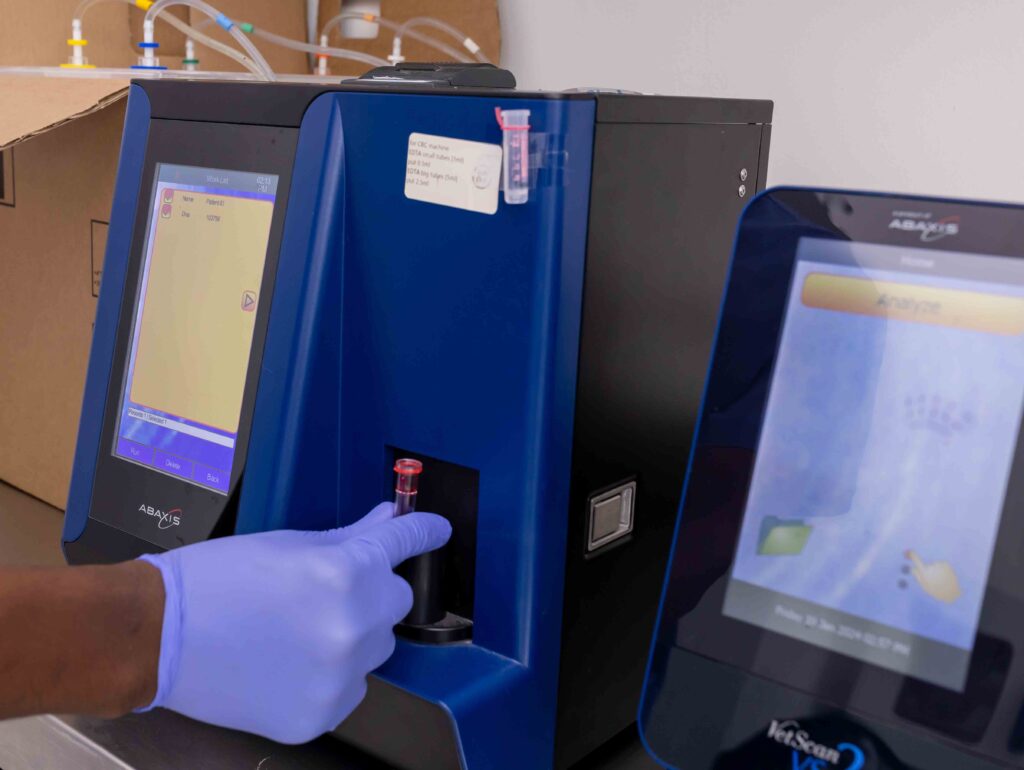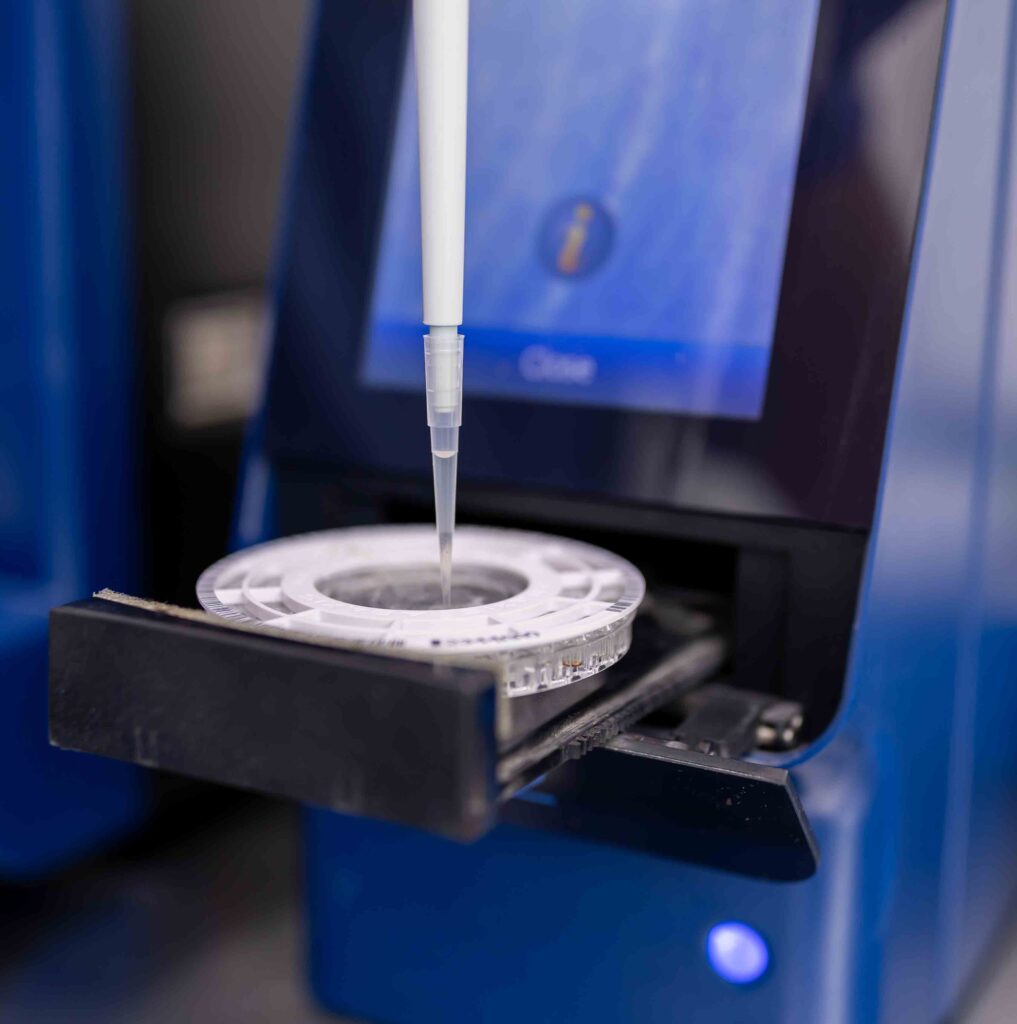Blood Pressure Monitoring


Blood pressure is one of the four basic life indicators, alongside body temperature, heart rate, and respiratory rate. Indirect blood pressure measurement is a noninvasive, painless procedure that assesses the pressure of blood against the walls of large arteries. Your veterinarian may recommend checking blood pressure if your pet shows symptoms of high or low blood pressure or has a related disease.
Blood pressure in pets should not exceed 160/100 mm Hg. The first number is systolic pressure (heart contraction), and the second is diastolic pressure (heart relaxation). High blood pressure can damage organs like the eyes, kidneys, heart, and brain, with blindness being a common sign.
Common causes of high blood pressure in pets include:
- Hyperthyroidism
- Kidney disease
- Cushing’s disease
- Diabetes
- Heart disease
Cats over seven years old are prone to kidney disease and hyperthyroidism, so regular blood pressure screenings are recommended. Critically ill pets or those under anesthesia are also monitored to maintain normal blood pressure, ensuring sufficient oxygen supply to organs.
Commonly Asked Questions
Lab diagnostics involve analyzing samples such as blood, urine, or other tissues to help diagnose health conditions, monitor diseases, and assess your pet’s overall health. These tests provide valuable insights that can help your veterinarian identify underlying issues, tailor treatment plans, and track your pet’s progress. For example, blood tests can reveal information about organ function, blood cell counts, and the presence of infections or diseases. Lab diagnostics are essential for accurate diagnosis and effective management of your pet’s health.
The types of lab tests your pet might need can vary based on their symptoms, age, and health status. Common lab tests include:
Blood work: To evaluate overall health, organ function, and detect conditions such as anemia or infections.
Urinalysis: To check for urinary tract infections, kidney function, and other metabolic issues.
Fecal tests: To identify parasites or digestive issues.
Biopsies: To examine tissue samples for signs of cancer or other abnormalities.
Your veterinarian will recommend specific tests based on your pet’s individual needs and symptoms.
Preparation for lab tests depends on the type of test being performed. For blood work or urine tests, your pet might need to fast for a certain period before the sample is collected, but your veterinarian will provide specific instructions. During the testing process, a small
sample of blood, urine, or other tissues will be collected in a quick and minimally invasive manner. After the samples are taken, they are sent to a lab for analysis. Results are usually available within a few days, and your veterinarian will discuss the findings with you and explain any necessary follow-up actions.

